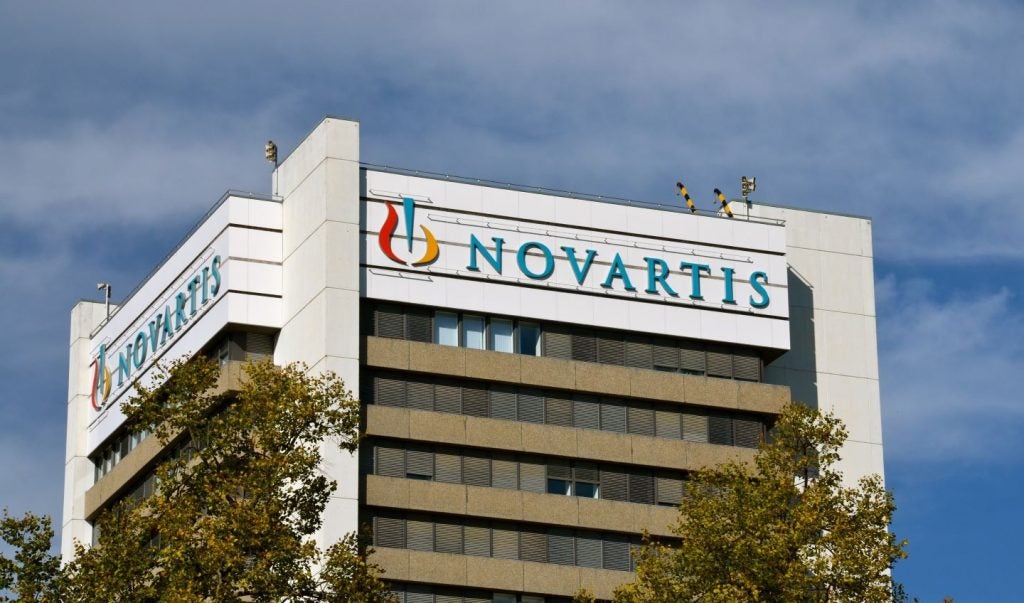Novartis has exercised an option for the acquisition of all outstanding capital stock of IFM Therapeutics subsidiary IFM Due for $835m.
The strategic acquisition will grant Novartis the complete rights to IFM Due’s portfolio of STING antagonists, which address a range of serious inflammation-driven diseases.
IFM Due, established in February 2019, develops small molecule orally available drug candidates targeting the cyclic GMP-AMP synthase, a stimulator of the interferon genes (cGAS-STING) pathway, which is implicated in several serious diseases.
The collaboration between IFM Due and Novartis began in September 2019 when the companies made an option and partnership agreement.
Novartis agreed to fund research and development by IFM Due for the cGAS-STING programme in exchange for an option to acquire the company.
With the option exercised, IFM received an upfront payment of $90m from Novartis and is also entitled to milestone payments of $745m.
The acquisition is a significant move for Novartis, as it will secure complete rights for IFM Due’s portfolio comprising STING antagonists.
These assets have the potential to treat serious inflammation-driven ailments characterised by excessive interferon and other pro-inflammatory cytokine signalling.
The cGAS-STING pathway functions within the innate immune system to sense cytosolic DNA, a signal of cellular danger, and then triggers a STING-dependent inflammatory response.
Inappropriate activation of this pathway can result from genetic mutations or factors such as mitochondrial dysfunction, leading to diseases characterised by excessive inflammation.
Novartis immunology research global head Richard Siegel said: “The acquisition of IFM Due represents the culmination of a highly productive, four-year preclinical collaboration between Novartis and IFM to develop novel small-molecule STING inhibitors with the potential to treat a spectrum of inflammatory diseases.
“We are excited to advance IFM Due’s STING programme and leverage our deep expertise in inflammation science to bring forward transformative medicines that address major unmet patient needs.”









